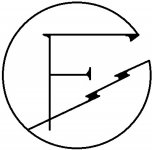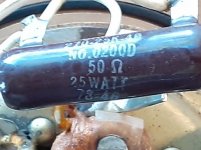Sam_Hooley
Recruit
- Joined
- Dec 2, 2020
- Messages
- 4
I recently bought a bronze horn from a fellow who said it came off of our local Coast Guard station in Bay City, Ore. I can't find any information on it, and I'd like to get it working. I'm hoping somebody will recognize the manufacturer.




















![20201202_114526[1].jpg](/data/attachments/329/329868-804a2a89dacbcc9d04dd318a2366e5e8.jpg)
![20201202_114515[1].jpg](/data/attachments/329/329869-489d3ab8b84ff2ca58456f3760ca75e8.jpg)
![20201202_114517[1].jpg](/data/attachments/329/329870-9993ed85b6caadf9a47faf728c81f5dd.jpg)
![20201202_114505[1].jpg](/data/attachments/329/329871-0c3feab0bf17c0a530b808d8b0c08fce.jpg)
![20201202_114501[1].jpg](/data/attachments/329/329872-f284f911ecb4306f5dcd3dcab6f10c7d.jpg)
![20201202_114430[1].jpg](/data/attachments/329/329873-6bfb01fc4a860874550efd41bc58ee7f.jpg)

